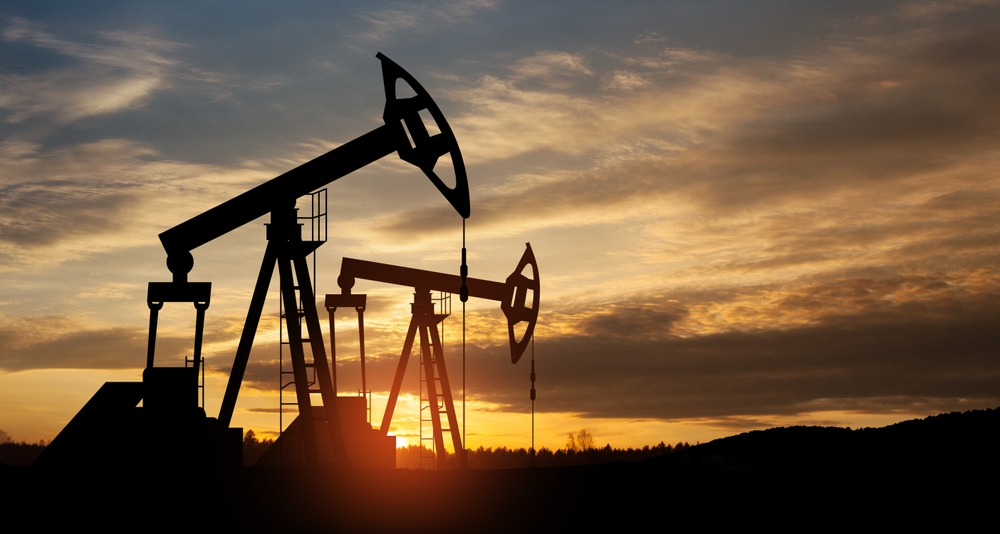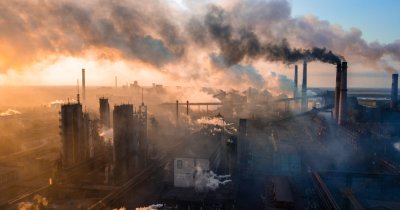The Guardian writes that worldwide governments agreed back in 2016 to cut their output for CO2 emissions, but since then, mega corporations increased their carbon output, instead of lowering it. This means that, compared to the previous seven years to the Paris Agreement, emissions rose in the most recent seven years.
In the Carbon Majors Database, a list compiled by researchers around the world, it was shown that of the planet's historical 122 heaviest polluters, 65% of state-owned companies and 55% of private ones increased production capacity.
Fossil fuel US company ExxonMobil, Shell, BP and TotalEnergies are among the world's most polluting companies, according to the database, each representing at least 1% of the planet's share of released CO2. The expansion of these companies' operations runs in contradiction to the warnings made by experts at the International Energy agency, which warned that no new oil and gas fields should be opened if we want to achieve our global greenhouse gas emission goals.
Richard Heede, who established the Carbon Majors dataset in 2013, said that "it is morally reprehensible for companies to continue expanding exploration and production of carbon fuels in the face of knowledge now for decades that their products are harmful. Don’t blame consumers who have been forced to be reliant on oil and gas due to government capture by oil and gas companies."
The Carbon Majors Database includes the most polluting 122 companies that have been associated with 72% of the world's fossil fuels and cement production CO2 emissions since the beginning of the Industrial Revolution, which amount to over 1.400 gigatons.
Experts involved in analyzing the data claim that China's state-owned coal production is responsible for 14% of the total share of the emissions associated with fossil fuel exploitation, the largest share of any other country. To put things into perspective, that's over double the share of the second place, which is the former Soviet Union.
Heede added that "this is a threat to civilization as we know it. If business as usual continues we won’t have a livable planet for our children and grandchildren. We must collect corporate and political will to avoid the worst threat that climate change poses."
Shell, one of the most polluting corporations in the fossil fuels industry and one that puts a large strain on the planet's climate, said that it is committed to become "a net-zero emissions energy business by 2050, a target we believe supports the more ambitious goal of the Paris agreement to limit global warming to 1.5C above pre-industrial levels. We continue to make good progress on our climate targets, and by the end of 2023, we had achieved more than 60% of our target to halve Scope 1 and 2 emissions from our operations by 2030, compared with 2016."
 Mihai - Cristian Ioniță
Mihai - Cristian Ioniță












Any thoughts?